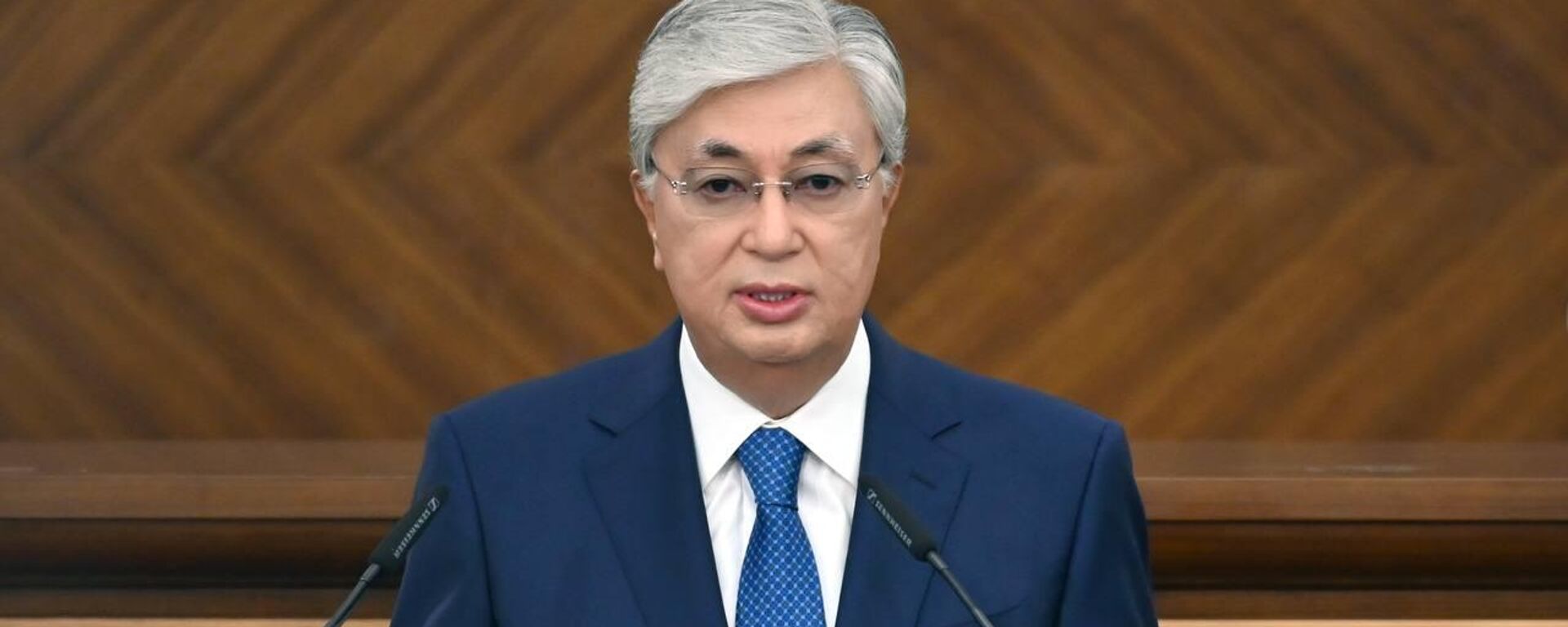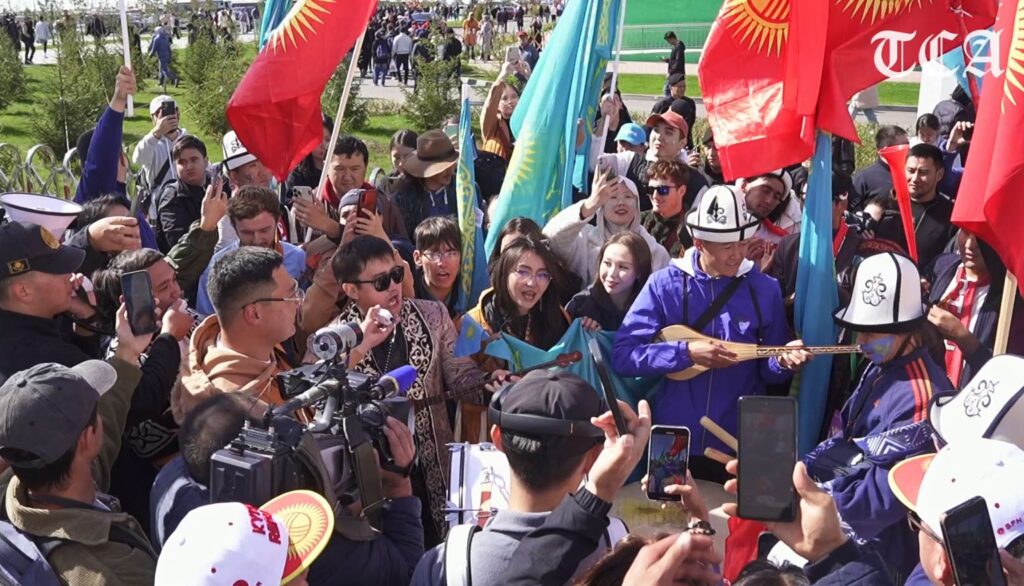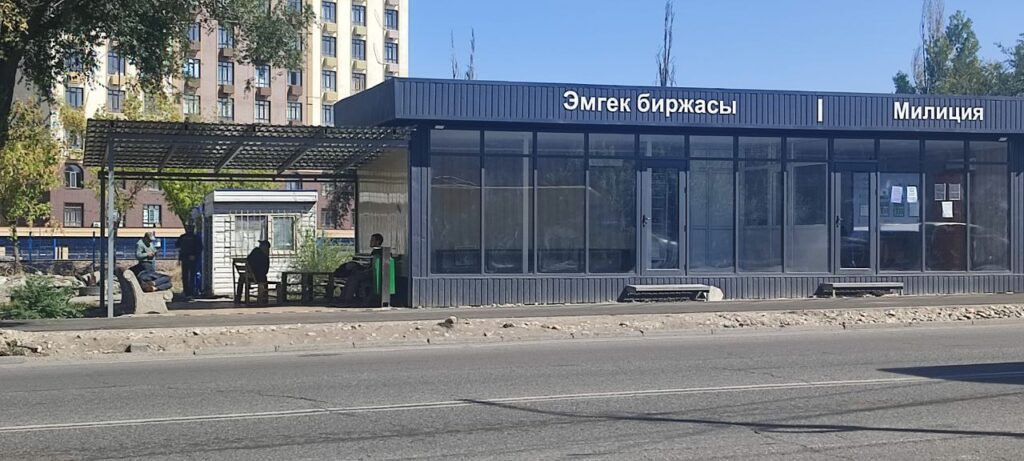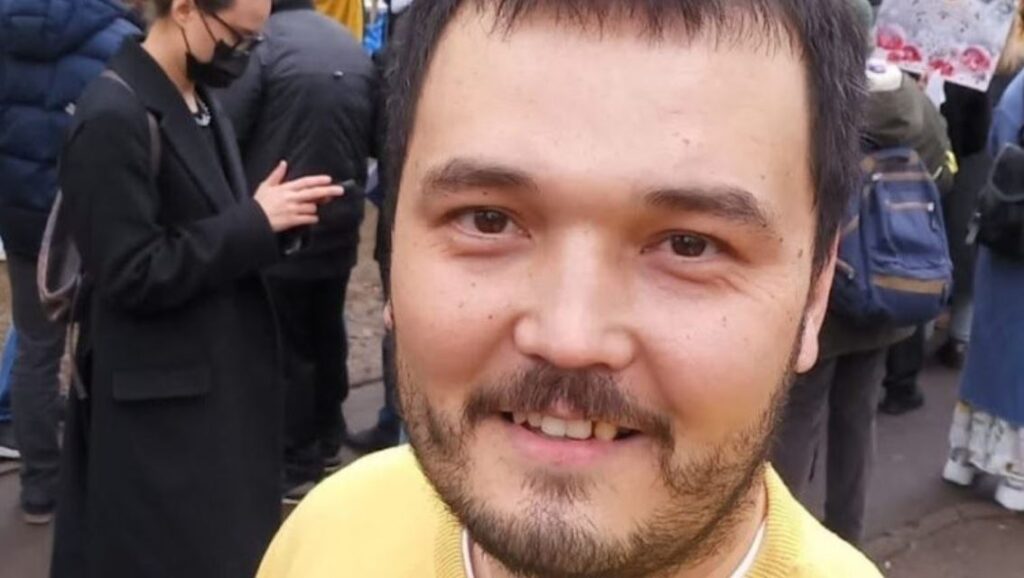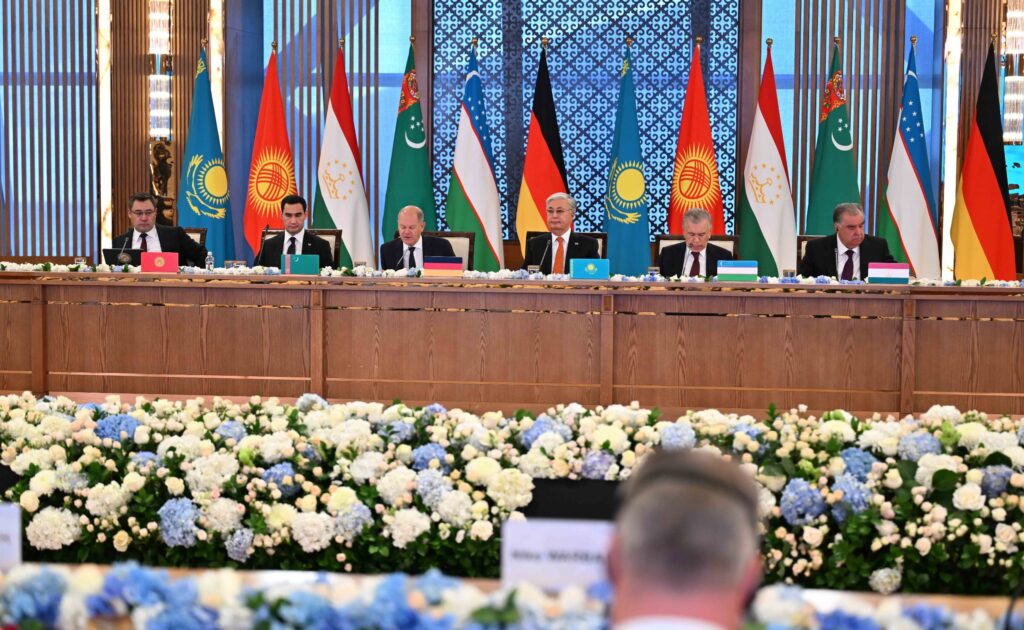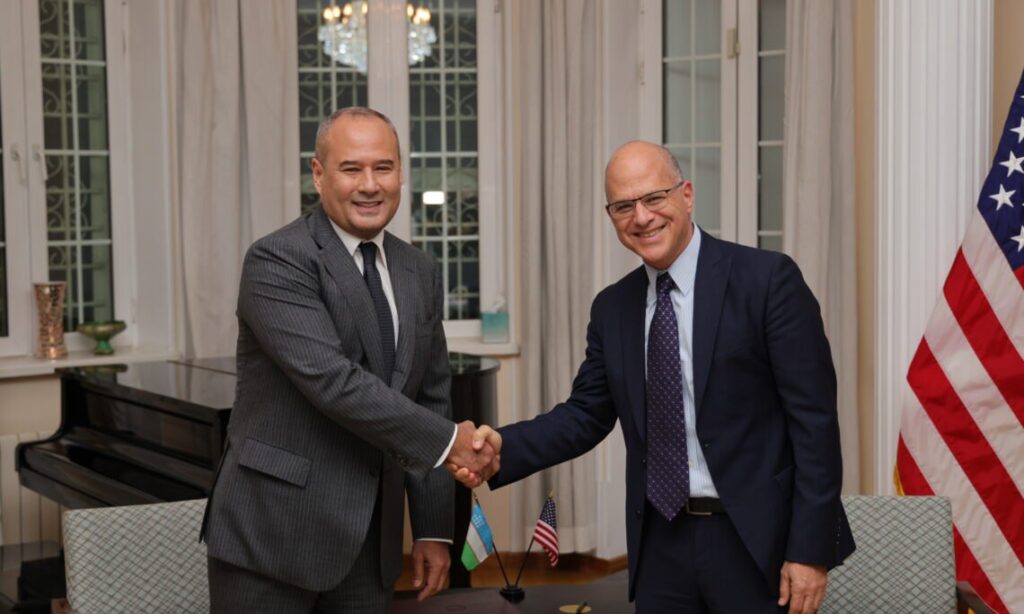A new political season has started in Kazakhstan.
Following tradition, it opened with a joint session of the chambers of Kazakhstan’s parliament, at which the head of state, Kassym-Jomart Tokayev, delivered his regular Address to the Nation, this year entitled: Fair Kazakhstan: Law and Order, Economic Growth, Social Optimism.
As predicted by State Counselor, Yerlan Karin, the president’s new address contained over a hundred initiatives, instructions, and proposals that “develop the line of reforms laid out in his previous messages and election platform.”
Tokayev began his address by mentioning the parliament’s adoption of 102 laws in the previous session, including norms on public control, countering human trafficking, science and technology policy, heat and energy, etc.
Social issues, especially child protection, remain a top priority and whilst many systematic steps have been taken to improve people’s welfare, the president emphasized that much work lay ahead.
“The people of Kazakhstan today live in a completely new political reality,” he stated. “Over the past five years, large-scale reforms have been implemented; the political system has radically transformed. Fundamental changes are taking place in public consciousness; the level of legal culture of citizens is increasing, and new models of behavior and new values are taking root in society. The renewal of political and public life, as well as the mentality and cultural norms of the nation, has begun. The construction of “Fair Kazakhstan” is underway, and what is especially important is that all this fully corresponds to the people’s aspirations. Therefore, we will continue to follow our course steadfastly and not turn off the path.”
Expanding on how the past five years have changed the country, Tokayev explained, “Since 2021, about 2.5 thousand akims of villages have been elected, which is ninety percent of the total number of heads of rural settlements. In the remaining villages, elections will be held after the expiration of the terms of office of their akims. The average age of newly elected akims is 46 years. Sixty percent will have no previous experience of working in public service, and their number includes entrepreneurs and members of various parties. The corps of akims elected by the people has been largely renewed.”
The head of state recalled that in the fall of last year, Kazakhstan began to hold elections for the first time for akims of districts and cities of regional significance. Under the new rules, 45 akims were elected in all oblasts. According to the president, the latest election system will go even further.
“After a comprehensive study of the election results and analysis of the work of elected akims, it was decided to finally switch to the new system from next year. In the future, akims of districts and regional cities will be elected only through direct elections, which will be held as the powers (i.e., rotation terms) of incumbent akims expire,” Tokayev emphasized, calling it another essential step in the transformation of the political system and stressing that if required for the development of the state, reforms will continue.
The logic of granting Kazakhstani people more rights and freedoms dovetails with urgent instructions to akims and the government to improve the welfare of citizens; destabilization similar to Bloody January 2022 is the last thing Kazakhstan needs during the current geopolitical turbulence. Therefore, the task of economic growth in the country is to strengthen and consolidate the middle class and reduce social inequality.
“This is the only way we can strengthen the potential of our state. For this purpose, efficiency should be the key criterion in every endeavor. Every decision and every project should be considered based on its usefulness for the state,” Tokayev announced to representatives of the government and regional authorities.
The president also highlighted the need to reform vocational education, deemed critical for ensuring the growth of the economy and its attractiveness for investment.
To this end, he announced that 2025 will be the “Year of Working Professions.”
The technical and vocational education system will be reformed, and “this initiative will also promote the idea of diligence and professionalism in our society. The values of hard work and professionalism must always come first in our society,” Tokayev stressed. “This aligns perfectly with our Responsible Citizen—Honest Labor—Deserved Success principle. We will continue to take consistent measures to elevate the status of workers.”
